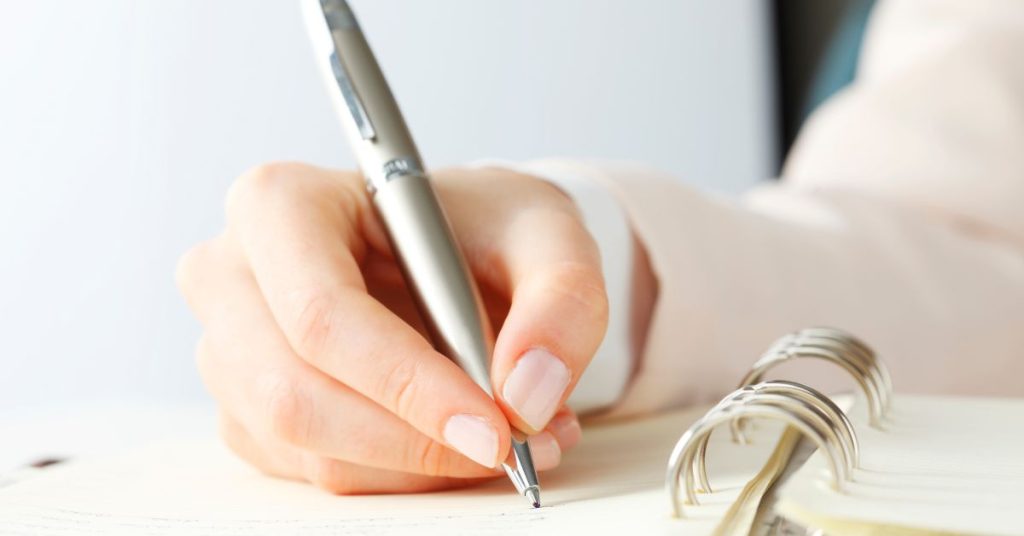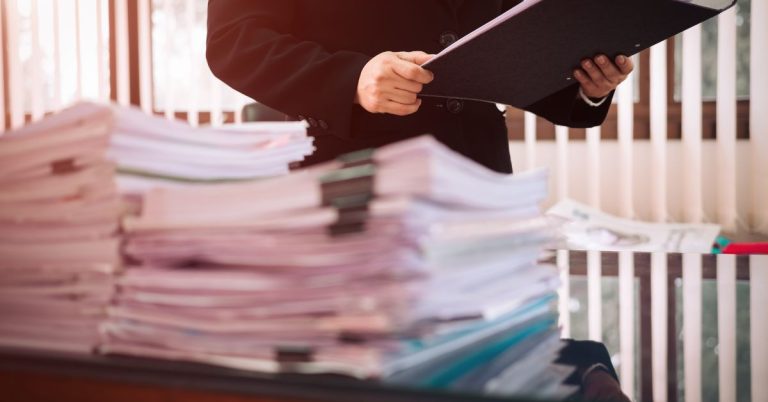What Exactly Is a Form P11d? All That You Need to Know
What is a P11D?
Benefits in kind are becoming increasingly popular among employers. They offer employees a number of perks including free gym membership, free travel passes and holiday allowances. But many people don’t realise just how much money they could save. A recent survey found that one in five Brits do not understand the concept of benefits in kind. And while most people think it’s about getting something for nothing, there are actually some real advantages to being offered benefits in kind. Here’s everything you need to know about benefits in kind.

WHAT IS IT?
The term benefits in kind refers to anything that an employer provides to an employee, such as free gym membership, free meals or holiday allowances. These are often referred to as fringe benefits. Employers typically provide benefits in kind because they want to reward good workers. However, benefits in kind can also help businesses cut costs. This is because employers pay less income tax on benefits in kind than they would on cash payments. If you work for a small firm, benefits in kind might make sense financially. For example, if your employer offers a free lunch every day, you won’t have to spend £1,500 on lunches each year. Instead, you can use the money saved towards paying your mortgage.
HOW MUCH CAN YOU SAVE?
Employers usually choose to offer benefits in kind rather than cash payments because they believe it will lead to happier and more productive employees. But sometimes, offering benefits in kind can mean you end up saving a lot of money. For example, if you earn £10,000 per annum and your employer offers a free gym membership worth £200 per month, you could potentially save around £2,400 over three years. In fact, according to research conducted by MoneySuperMarket, the average person spends nearly £3,000 on benefits in kind each year. So if you’re looking to save money, benefits in kind could be a great option.
WHY ARE THEY POPULAR?
In addition to helping businesses cut costs, benefits in kind are also very popular amongst employees. Why? Because they feel appreciated. Research carried out by the Chartered Institute of Personnel Management revealed that 57% of employees would prefer to receive benefits in kind over cash payments. Another study showed that 75% of employees would be willing to take a pay cut in exchange for additional benefits.
Who must file a Form P11D?
A P11D is a document filed by a company at Companies House to show its details to HM Revenue & Customs (HMRC). A P11D is not a tax return; instead, it shows how much income a business makes, what taxes have been paid and any outstanding debts owed to HMRC.
You should file a P11D if you want to keep track of changes to your business’s accounts and make sure they are accurate. You may need to file a P 11D if you change the way you run your business, or if you start doing work for others. If you sell goods or services to customers, you may need to file a separate P11D for each customer.
When must I file Form P11D?
A P11D is a document that must be filed with Companies House each year. If you’re a UK resident, it’s usually due in April. If you’re a nonUK Resident, it’s due in October.
If you’re a sole trader, you don’t need to fill out one. But if you’re a director of a company, a shareholder of a company, or a partner in a limited liability partnership, you’ll need to complete one.
The document contains information about your interests in companies within the UK. This includes holding shares, being a member of a company’s board, having a stake in a company via a loan, or owning a company outright.
You’ll also need to provide certain financial information including your salary, how much money you’ve borrowed, and how much tax you owe.
Companies House says that filing a P11D isn’t difficult. They offer a free online form where you can enter the data yourself.
But if you want to make sure everything’s correct, you can use our tool to check whether you need to file a P 11 D.
What information must be provided on a P11D?
Generally speaking, anything that the employer pays for and the employee receives benefit from should be included on Form P11D. This includes things like company cars, loans for rail passes, other loans, health coverage, assets provided to employees that have significant personal use, self-assessment fees paid by the company and non-business travel expenses. However, there are exceptions to this rule. For example, it does not include non-business entertainment expenses, such as meals, drinks, etc., because those do not directly benefit the employee.
P11D exemptions for some business expenses
The P11D exemption allows employees to exclude business travel costs from taxable income. This includes airfare, lodging, meals, car rentals, tolls, parking fees, etc., incurred while traveling on behalf of the employer. In addition, credit card charges for business purposes are exempt from taxation. Other types of fees and subscriptions charged for business purposes are also tax deductible.
P11D penalties for late filing
HM Revenue & Customs (HMRC) has announced that it will start fining employers who do not comply with the Personal Allowances Act 2018. This includes employees who are paid too much tax and those who do not claim the correct amount of National Insurance contributions (NIC). Employers must ensure that they meet the requirements set out under the act by 31 December 2019. If they fail to do so, they could face fines of up to £100 per employee.
The government introduced the legislation in April 2018, following a consultation period where around half of respondents supported the introduction of the new rules.
Under the act, individuals earning over £50,000 a year and couples earning over £60,000 a year will see their personal allowances increase. These include earnings above £150,000 for single people and £250,000 for married couples.
In addition, the threshold for NIC payments will rise from £8,105 to £9,440 for single workers and £13,880 for couples.
Employees who earn less than £10,600 a year will continue to receive the same allowance rates as before.
P11D Common mistakes
The P11D form is used to report directors’ loans. If you make one of the following mistakes it could cost you dearly.
1. You fail to declare a loan
If you fail to declare a director’s loan on the P11D, HMRC will treat the loan as income and tax accordingly. This is a criminal offence.
2. You miss out interest payments
HMRC will charge you 15.05% interest on the loan. They will also add interest charges to your next instalment due date.
3. You don’t repay the loan within 12 months
You’ll face penalties of £100 per day for each month you’re late.
Frequently Asked Questions
What sort of expenses and benefits are included?
The following list includes common expenses and benefits paid by employers to employees. Some companies provide additional perks such as gym memberships or free meals. Others offer discounts on products and services. Still others give out cash bonuses. In some cases, certain expenses and benefits are taxable, while in others, they aren’t. You’ll want to check with your HR department or tax adviser about how much you’re entitled to claim.
Company Cars
Employers generally pay for the cost of employee vehicles used for work purposes. This could include the purchase price, maintenance costs, insurance premiums, depreciation, parking fees and tolls. If you don’t use your vehicle for personal reasons, you won’t be able to deduct those expenses.
Mileage Allowances and Fuel
If you travel regularly for work, you might qualify for a mileage allowance. Mileage rates vary depending on the distance traveled, whether it’s in one direction or both directions, and whether the trip is local or long-distance. Your employer might reimburse you for gas and oil purchases, too.
Private Car Miles
If you drive your own car for work, you might receive reimbursement for miles driven within commuting boundaries. Depending on where you live, you might also be reimbursed for trips outside of the city limits.
Am I due a P11D tax rebate?
If you haven’t received a P11D notice from HM Revenue & Customs (HMRC), you might wonder whether you are entitled to a refund. This article explains what a P11D notice is and how you can claim one if you qualify.
The P11D notice is sent out every April to people whose tax code has been adjusted incorrectly. These notices explain how much money you owe HMRC and tell you when you can pay it off. They don’t necessarily mean you’re owed a refund; however, if you’ve overpaid HMRC, you’ll receive the excess amount back.
Once you know your tax code, you can enter it into our calculator to see whether you qualify for a P11D.
To apply for a P11D refund, you must complete Form P11D and send it to HMRC within 28 days of receiving the notice. If you do submit the form, you won’t be able to ask for a refund for the following 12 months. However, you can reapply once the 12 months have passed.






